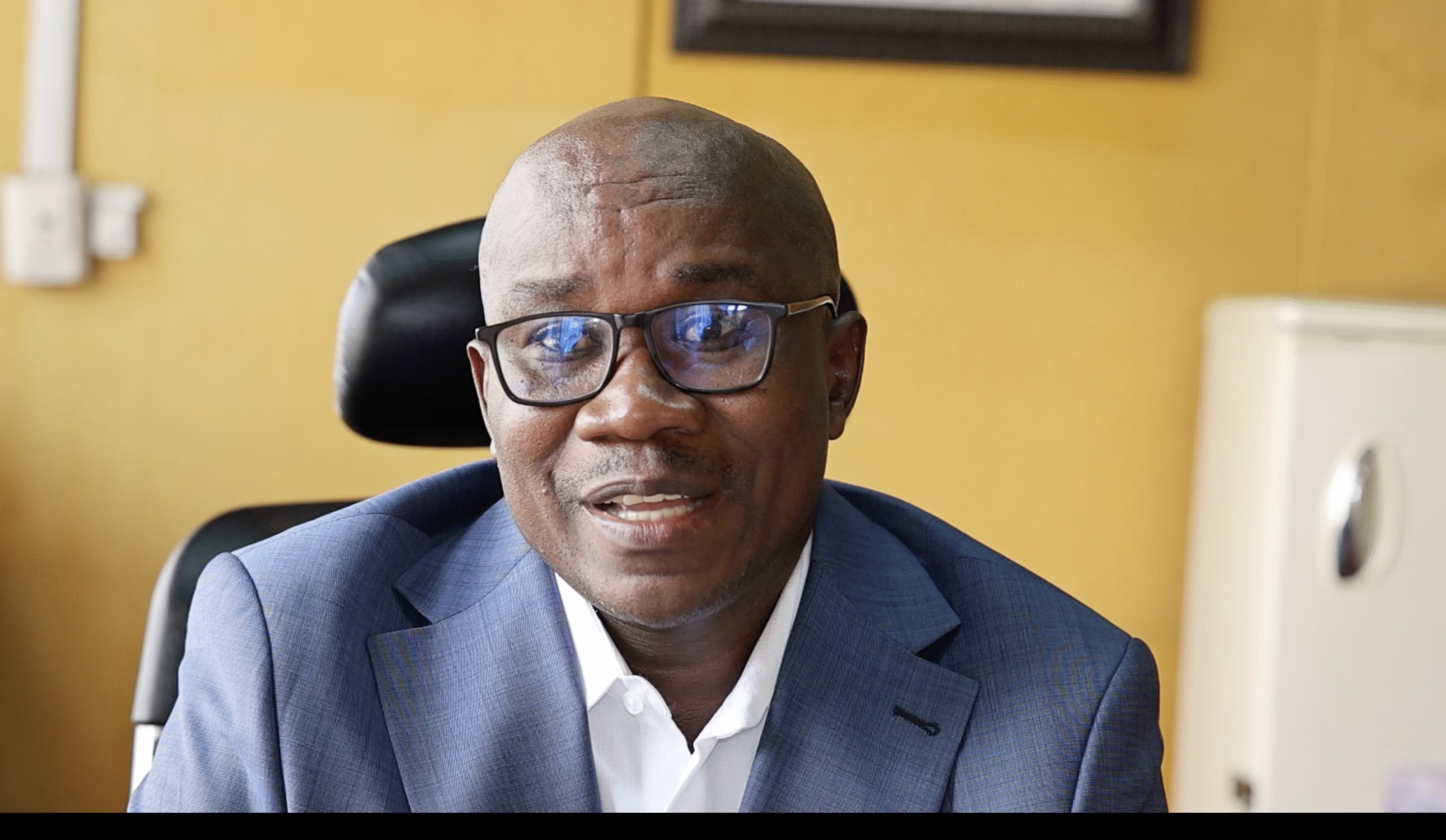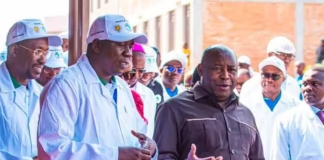Burundi president Evariste Ndayishimiye recently made a cabinet reshuffle, appointed new government including Arthémon Katihabwa the country’s minister of justice and Human Rights. He spoke to Burundi Times about his life, journey and vision to serve justice in Burundi.
Q: Minister, could you start by introducing yourself to our readers?
I am Katihabwa Arthemon, born on October 19, 1984, although my ID lists the year as 1982 because of the hardships I went through to get it.
Q: What was your childhood like, and how did your family background shape you?
I began primary school in 1991 and completed it in 1996. In life, I always wanted to learn and go to school. I am the second-born in my family. I never had the chance to stay with my mother for long because my parents separated when I was two years old. I met my mother again only when I was 27. By then, we could hardly recognize each other, as she had fled to Tanzania during the civil war.
Q: You lived through Burundi’s civil war at a young age. What was your experience?
During the war, I joined a rebel group where I spent two years, from 1996 to 1998. I witnessed and experienced many things. I remember the late General Adolphe Nshimirimana saying, “We don’t know when we will win this war, and even if we do, we don’t know who will lead the country.”
Eventually, there was an option: those who wanted to return to school could do so. That is when I decided to resume my studies.
Q: How did your education continue after leaving the rebel group?
In 1998, I enrolled at Kabonambo Primary School in Bugarama commune, Magara zone, where I completed my Primary 6. I was among the first students admitted to Magara College, which was still new at the time. I had a clear vision that I needed to pursue my studies despite the challenges.
After finishing 10th grade in 2004, I went to Lycée Maranatha of Kivoga, where I hoped to become a teacher. Coming from a poor family, staying in school was not easy. At college, I often had to ask for shelter and food. It was still a time of insecurity, and sometimes we were attacked at night.
I used to write my notes in large letters because we had no electricity. We were forced to study under the moonlight or by candlelight.
Q: When did you move to Bujumbura, and how did that influence your journey?
I moved to Bujumbura in 2006 after being admitted to Lycée Scheppers of Nyakabiga. There, I became more familiar with the city. I led all the “Stop SIDA” clubs in schools across Bujumbura and joined other initiatives, including an environmental protection club and a human rights club. At that time, many human rights issues were being debated, and I decided to dedicate myself to defending human rights, especially as I came from a marginalized community.
Besides academics, I played drums, ran relay races, and also played football.
Q: What inspired you to pursue law and human rights?
I later joined Hope Africa University, where I studied law because of my passion for human rights. I received my bachelor’s degree in 2015. Afterward, I joined the Bar in Bujumbura, which was highly competitive and difficult to enter. I was fortunate to be admitted and had a mentor who guided me.
Through a scholarship program for Indigenous peoples, I traveled to Geneva to study human rights mechanisms. That experience allowed me to learn a great deal and meet many people. At the time, Burundi was facing international sanctions due to human rights violations. As students, we conducted research and wrote reports, and the UN selected parts of our work because they reflected the reality of the situation.
Q: What roles did you take on after returning from Geneva?
In 2018, I returned to Burundi and continued working as a lawyer. I also served as a CEPI member in Rumonge during the 2018 referendum and again in the 2020 elections, which went smoothly. In 2021, the President appointed me Permanent Secretary of the High Council of the Judiciary, where I served for four years.
Today, I have been entrusted with the position of Minister of Justice, and our mission is to improve justice in Burundi.
Q: Beyond your legal career, you have also been involved in community initiatives. Can you tell us about that?
Yes. I founded a youth center to support young people affected by the crisis and civil war. While still a student, I worked as a security guard for KK, but I had to resign due to a serious throat health problem. Later, I was hired by the American organization IFES (International Foundation for Electoral Systems), which supported the 2015 elections.
In 2010, I also founded a youth association called Action des Jeunes Batwa pour le Développement Durable. We started small, but today it operates nationwide with regional coordinators and a headquarters. I serve as its legal representative.
Q: How would you describe your leadership style?
I am a down-to-earth person who listens to others and engages in dialogue. When it matters most, I am serious. I enjoy working with people in a way that makes them feel valued and appreciated.
Q: What are your ambitions for the future?
I hope to pursue a master’s degree. The President took the time to select me among many others to contribute to the future of Burundi under the 2040–2060 vision. I strongly support that vision.
I hate injustice. After my appointment, some people said I will succeed, while others doubted me. But I believe God does not choose the strongest; He strengthens those He chooses.
With God, everything is possible. I will work hard, keep praying, and remain optimistic that I will have a positive impact.
Q: What is your mission as Minister of Justice?
The Ministry of Justice has been merged with the Ministry of Human Rights. These two are closely linked and essential. If the justice system is weak, there can be no security or development. Even traders will not feel safe, nor will civil servants, if justice is not served. We want to ensure that everyone’s rights are respected and that people can work freely.
We will build on what our predecessors achieved. Where there are shortcomings, with God’s help, we will make corrections so that justice in Burundi is truly felt and exercised independently.
According to international law and Burundi’s Constitution, everyone is born equal, and we will work to ensure that all rights are respected.
Burundi also has many refugees with diverse opinions. Those who wish to return voluntarily will be welcomed. We plan to create a commission to reach out to them and explain that Burundi is a country of peace, justice, and opportunity for all, where no one is marginalized.
We also intend to address prison overcrowding. No one is born to be imprisoned but to be respected and live as a law-abiding citizen. We will work to reduce the number of prisoners, close some prisons, and fight crimes such as burglary and corruption. Our goal is to ensure that anyone seeking justice can access it without obstacles.
With God’s guidance, we will serve all Burundians fairly and without bias.



